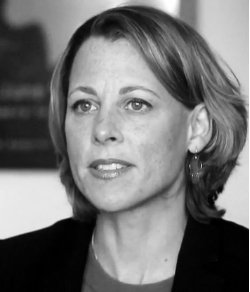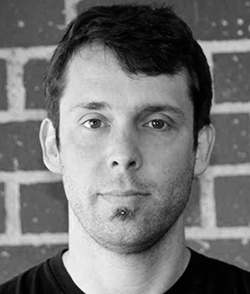The First Amendment Coalition is proud to announce the recipients of its 2017 Free Speech & Open Government Award are Jennifer Lynch and Dave Maass of the Electronic Frontier Foundation (EFF) and Peter Bibring of the American Civil Liberties Union-Southern California (ACLU), selected for their joint work to bring accountability and transparency to the use of automated license plate readers (ALPRs) by police and other entities.



This year’s award recipients, selected from nearly two dozen nominees, will be honored Thursday, November 30 at the California Press Foundation’s 140th Annual Winter Meeting in San Francisco. The winners will receive a plaque and a $1,000 award.
“We’re thrilled to award this team for their diligence and creativity in fighting for access to records to advance transparency and ‘the people’s right to know,’” said FAC Executive Director David Snyder.
The ACLU-EFF team’s work included advocacy in California courts, the state legislature and a broad-ranging public advocacy campaign to bring visibility to the use of ALPRs, high-speed cameras used by police officers to scan passing vehicles. The cameras collect license plate numbers as well as other information, sometimes capturing images of vehicle occupants.
In August, EFF and the ACLU secured an important victory in the California Supreme Court, which ruled unanimously that the Los Angeles Police Department and Los Angeles County Sheriff’s Department could not justify withholding records collected by ALPRs by relying on the so-called “investigative records” exemption to the California Public Records Act (CPRA). The ruling set an important precedent at a time when police are increasingly using dragnet-style technologies to surveil the public.
Together, LAPD and LACSD reportedly collect, on average, three million license-plate scans every week and, in total, maintain a database of roughly half a billion records. These records can be used to trace a person’s past movements, determine patterns of behavior, and reveal intimate details such as where individuals work or who they live and associate with.
The EFF-ACLU team also worked in the California Legislature, helping to draft and get passed a bill that requires all agencies or individuals that use ALPRs to publicly post privacy and usage policies. They also created a Google map of jurisdictions that use the cameras. In addition, the team recently filed CPRA requests to state agencies for records related to data sharing and plan to publish those findings later this year.
Read more about EFF and ACLU’s work on the issue of ACLRs.
See previous winners of the FAC Free Speech & Open Government Award.
